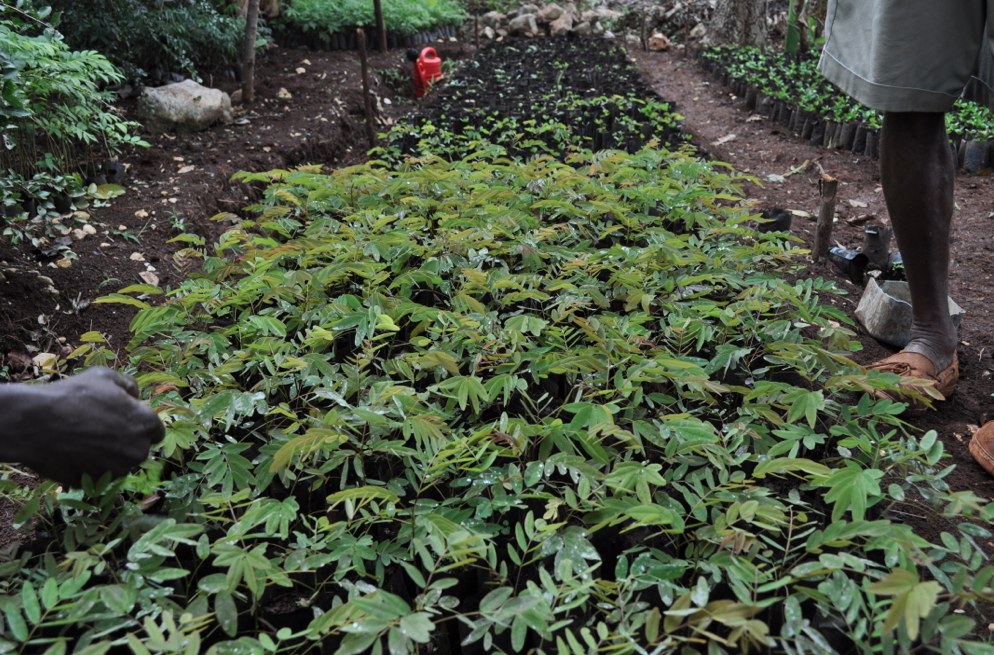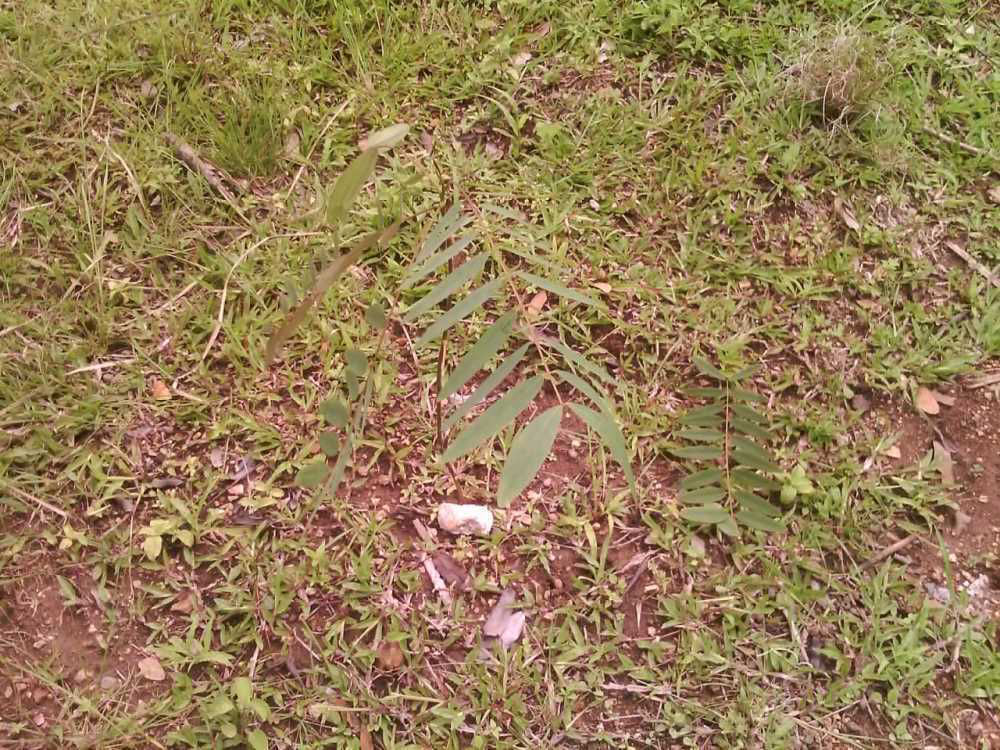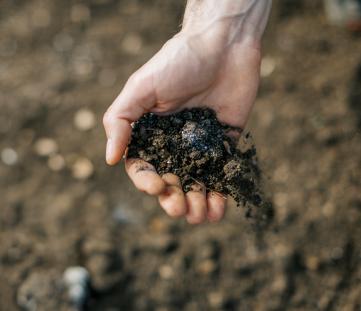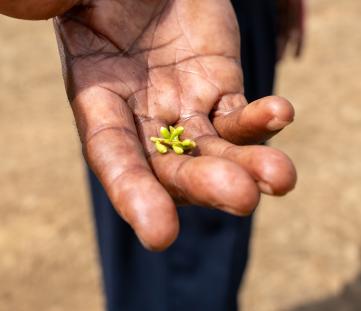ID: EVR-KZX
ID: EVR-KZX
Cassia
Senna sp.
Photo
Haiti
00:37 - 17°C
My connections
My ID card
Who am I?
Date of birth
03/20/2014
Name
Cassia
Tree
Cassia
Where am I located?
Country
Haiti
Place of birth
Commune Torbeck
Coordinates
18° 18′ 46.44″ N
73° 54′ 55.3″ W
/-73.91536,18.3129,0/500x333@2x?access_token=pk.eyJ1IjoidG9tbWFzb3NwZXJvbmkiLCJhIjoiY2tnOTE3eW12MDJqazMybXNzOWV1YjloOSJ9.wtGsuDU7XIKjcv2cq8CiXw&logo=false&attribution=false)
My Timeline
The important moments in your tree's life.
Seed
It all starts with a tiny seed, nice and warm in the soil.
Nursery
Your seedling is big enough to be welcomed into one of our nurseries, along with many others.
Planted
We’re here! Your tree has reached its new home: it’s been planted by a smallholder, who’ll take care of it for years to come.
Photo
Strike a pose! Now that it’s big enough, here’s a photo of your tree!
My Gallery
Nursery

Planted
/-73.91536,18.3129,0/500x333@2x?access_token=pk.eyJ1IjoidG9tbWFzb3NwZXJvbmkiLCJhIjoiY2tnOTE3eW12MDJqazMybXNzOWV1YjloOSJ9.wtGsuDU7XIKjcv2cq8CiXw&logo=false&attribution=false)
73° 54′ 55.3″ W
Photo

Curiosity about me
The important moments in your tree's life.
Let's start with introductions
Cassia is a medium-size, evergreen tree growing up to 18 m with a trunk up to 30 cm in diameter. The bark is gray or light brown, the leaves are green-reddish. It grows in a wide range of climatic conditions but is particularly suited to lowland tropics with a monsoon climate. Cassia Siamea it's a leguminus plant and like many leguminus it's having a bacterium on the roots, the Rhizobium leguminosarum, which is capable of fixing atmospheric nitrogen, improving the fertility of the soil.
Meaning
Calm
The powerful anxiolytic in it can calm down also stronger stress.

How much CO2 I’ll absorb
My estimated CO2 absorption capacity is based on the first 10 years of my life*
Current absorption
- 700 kg
2014
0 kg
2024
-700 kg
* The tree will continue to absorb CO2 even after the tenth year. Therefore this is a prudent estimate.
How I am useful to local communities

Soil
It improves the quality of the soil thanks to the nitrogen fixation process or it reduces soil erosion, thanks to its extended root system.

Medicine
Its leaves, roots, bark and/or fruits are used in traditional medicine.
My benefits
10%
Food Security
The trees will bear fruits, some that will be edible immediately and others that can become edible through processing, ensuring food resources over time.
30%
Economic development
The trees' fruits and the products derived from their transformation can be traded in local networks, offering income opportunities.
80%
CO₂ Absorption
During its life cycle, each tree will absorb CO₂. The trees you plant can offset your emissions.
100%
Environmental protection
The trees are planted in agroforestry systems that favor the virtuous interaction between the different species and their positive impact on the environment and on the land.